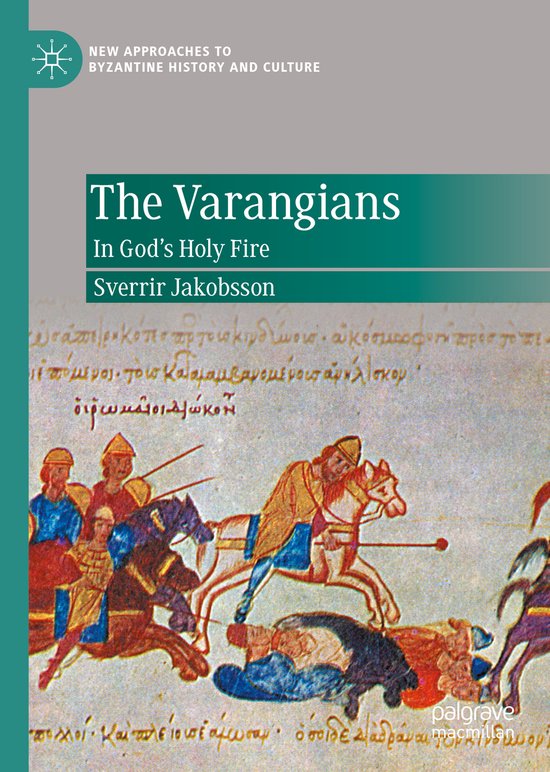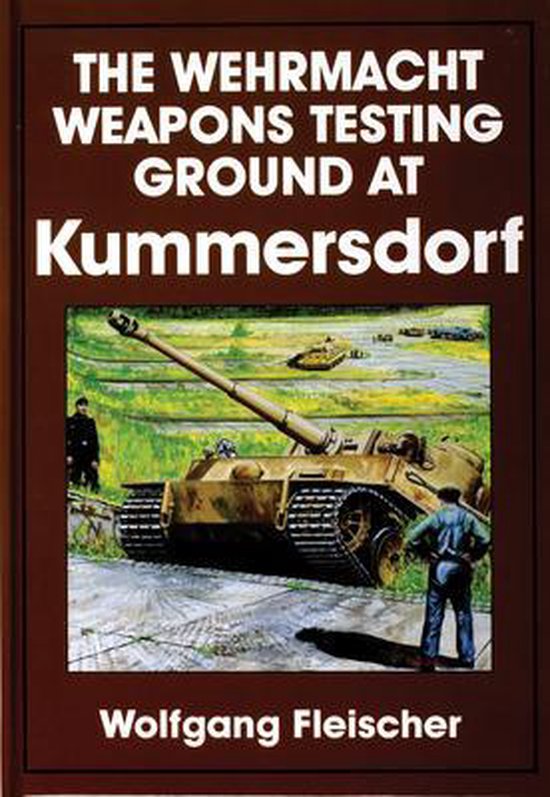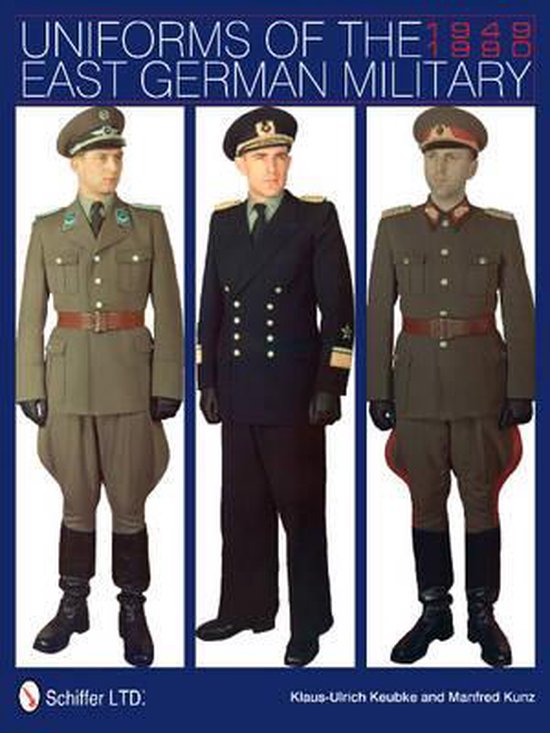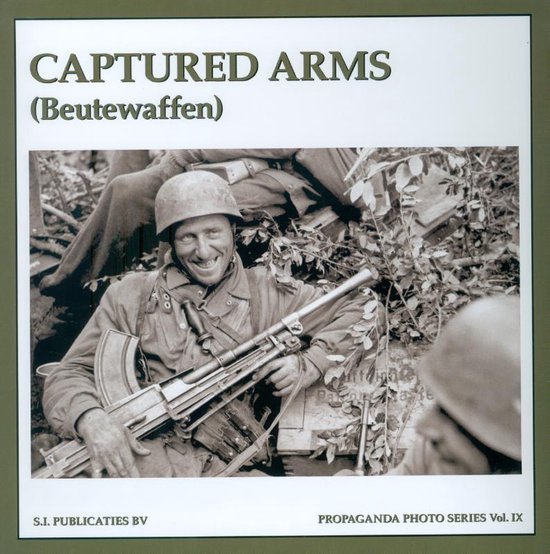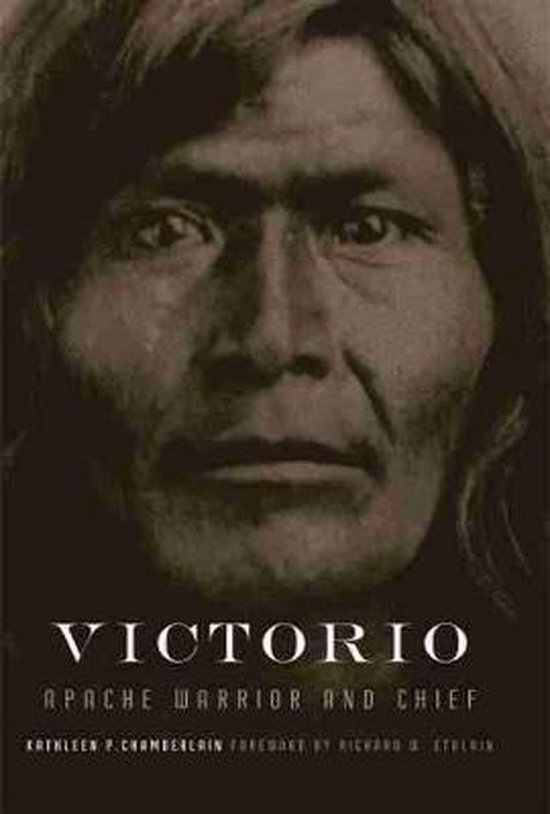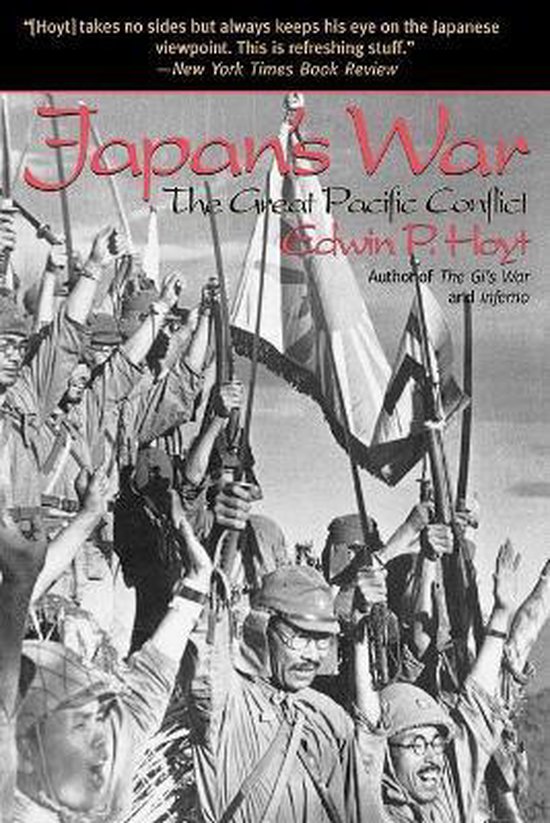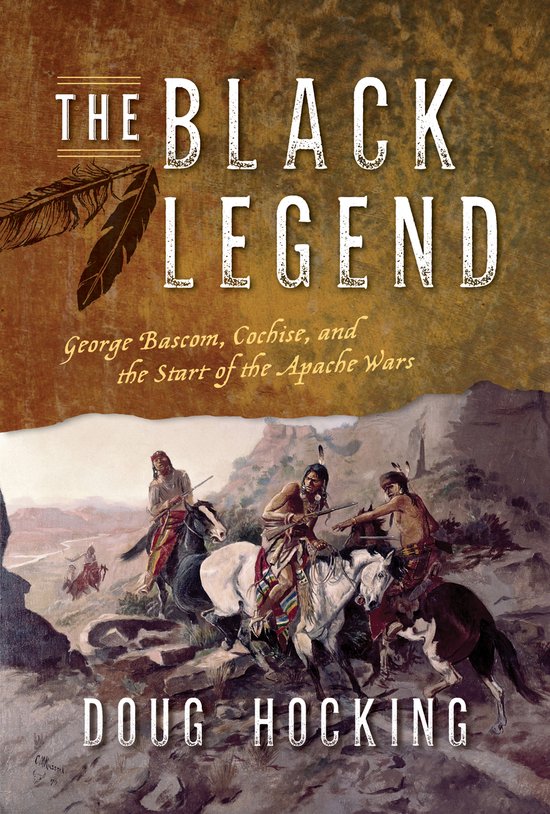
The Black Legend
In 1861, war between the U.S. and the hostile Chiricahua Apaches seemed inevitable. When a young boy was kidnapped, Lieutenant George Bascom confronted Apache leader Cochise—an act some blamed for setting the smoldering conflict ablaze. This book analyzes that legend, versus what really happened, within the historical context of the Indian Wars.
Reading line: Debunking the myths about what sparked the Apache Wars
In 1861, war between the United States and the Chiricahua seemed inevitable. The Apache band lived on a heavily traveled Emigrant and Overland Mail Trail and routinely raided it, organized by their leader, the prudent, not friendly Cochise. When a young boy was kidnapped from his stepfather’s ranch, Lieutenant George Bascom confronted Cochise even though there was no proof that the Chiricahua were responsible. After a series of missteps, Cochise exacted a short-lived revenge. However, war came because the Army was withdrawn to defend against a Confederate invasion on the Rio Grande. And despite modern accounts based on spurious evidence, Bascom’s performance in a difficult situation was admirable. This book examines the legend that blames Lieutenant Bascom for triggering an eleven-year war.
Doug Hocking was born on Long Island but was transplanted to the Jicarilla Apache Reservation in New Mexico in his youth. He grew up forming close friendships with Native Americans and Mexican Americans, and learned the peoples, cultures, and terrain of the Southwest. As a young man he joined Army Intelligence. He later earned a bachelor’s degree and then attended graduate school in social anthropology (ethnography). Returning to the Army as an Armored Cavalry (scout) officer, Doug completed his career teaching military tactics and tactical intelligence. He has a master’s degree in American history and a field work certification in historical archaeology. Doug lives in southeast Arizona, where he has frequently visited the site of Forts Buchanan and Breckenridge, Cochise’s Stronghold, Johnny Ward’s Ranch, and Apache Pass.
In 1861, war between the United States and the Chiricahua seemed inevitable. The Apache band lived on a heavily traveled Emigrant and Overland Mail Trail and routinely raided it, organized by their leader, the prudent, not friendly Cochise. When a young boy was kidnapped from his stepfather’s ranch, Lieutenant George Bascom confronted Cochise even though there was no proof that the Chiricahua were responsible. After a series of missteps, Cochise exacted a short-lived revenge. Despite modern accounts based on spurious evidence, Bascom’s performance in a difficult situation was admirable. This book examines the legend and provides a new analysis of Bascom’s and Cochise’s behavior, putting it in the larger context of the Indian Wars that followed the American Civil War.
Reading line: Debunking the myths about what sparked the Apache Wars
In 1861, war between the United States and the Chiricahua seemed inevitable. The Apache band lived on a heavily traveled Emigrant and Overland Mail Trail and routinely raided it, organized by their leader, the prudent, not friendly Cochise. When a young boy was kidnapped from his stepfather’s ranch, Lieutenant George Bascom confronted Cochise even though there was no proof that the Chiricahua were responsible. After a series of missteps, Cochise exacted a short-lived revenge. However, war came because the Army was withdrawn to defend against a Confederate invasion on the Rio Grande. And despite modern accounts based on spurious evidence, Bascom’s performance in a difficult situation was admirable. This book examines the legend that blames Lieutenant Bascom for triggering an eleven-year war.
Doug Hocking was born on Long Island but was transplanted to the Jicarilla Apache Reservation in New Mexico in his youth. He grew up forming close friendships with Native Americans and Mexican Americans, and learned the peoples, cultures, and terrain of the Southwest. As a young man he joined Army Intelligence. He later earned a bachelor’s degree and then attended graduate school in social anthropology (ethnography). Returning to the Army as an Armored Cavalry (scout) officer, Doug completed his career teaching military tactics and tactical intelligence. He has a master’s degree in American history and a field work certification in historical archaeology. Doug lives in southeast Arizona, where he has frequently visited the site of Forts Buchanan and Breckenridge, Cochise’s Stronghold, Johnny Ward’s Ranch, and Apache Pass.
In 1861, war between the United States and the Chiricahua seemed inevitable. The Apache band lived on a heavily traveled Emigrant and Overland Mail Trail and routinely raided it, organized by their leader, the prudent, not friendly Cochise. When a young boy was kidnapped from his stepfather’s ranch, Lieutenant George Bascom confronted Cochise even though there was no proof that the Chiricahua were responsible. After a series of missteps, Cochise exacted a short-lived revenge. Despite modern accounts based on spurious evidence, Bascom’s performance in a difficult situation was admirable. This book examines the legend and provides a new analysis of Bascom’s and Cochise’s behavior, putting it in the larger context of the Indian Wars that followed the American Civil War.
| Auteur | | Doug Hocking |
| Taal | | Engels |
| Type | | Paperback |
| Categorie | | Geschiedenis |
